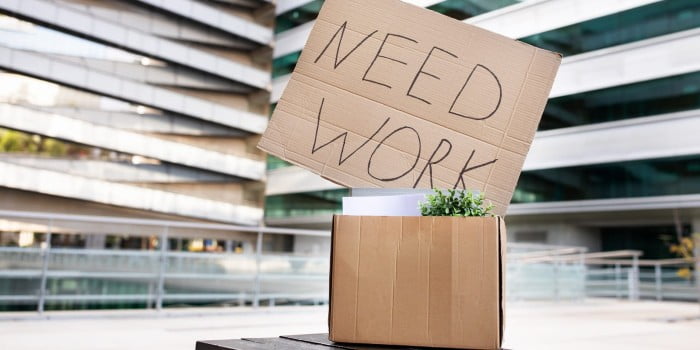Many small UK businesses have seen an increase in footfall as a result of the Platinum Jubilee celebrations, throwing them a lifeline during challenging times.
According to the British Retail Consortium (BRC), during the Jubilee week, shops have seen an increase in footfall of more than 17% compared to May. This led to a boom in sales for many small businesses, giving them much needed revenue.
Despite biting prices as a result of the cost of living crisis, many people have embraced the Jubilee celebrations and have supported their local businesses. As a result, there was a steep rise in consumer spending during the Jubilee week.
Sectors That Profited Most From Increase In Footfall
While many small UK businesses were able to profit from the Platinum Jubilee, the hospitality and retail sectors were the big winners. With many people buying Jubilee-themed products as souvenirs and celebrating by eating or drinking out.
Domestic tourism was another sector that benefited from the 4-day bank holiday weekend for the Jubilee. Tourists have flocked to London to attend the many festivities and to get a glimpse of the Queen and the royal family.
But not just the capital profited, also the rest of the UK saw the number of tourists rise over the Platinum Jubilee weekend. A survey conducted by VisitEngland has shown, that 5.3 million people in the UK were planning to have an overnight break during the Jubilee weekend. With an estimated revenue of £1.2 billion, this will not only boost the economy, but also be a welcome income stream for small UK businesses.
There was also an increase in footfall virtually, with many people being off work and having time to browse the internet.
This led to an increase in engagement of customers with businesses’ online channels, which promises to convert into sales at a later stage.
Many savvy small businesses have also used PR and marketing to attract more visitors to their websites and social media channels, thereby increasing their online presence and customer base.
UK Economy Shrank By 0.3% In April
While an increase in footfall and heightened online engagement over the Jubilee weekend will have shown many small businesses a glimmer of hope, the latest figures released by the Office of National Statistics (ONS) paint a gloomy picture.
With the UK GDP having shrunk by 0.3% in April, fears of a recession are growing. This was the first time, since January 2021, that all sectors had a negative contribution to the GDP.
While the main trigger for this drop was the decline of the NHS Test and Trace programme, which fell by 70% in April when tests were no longer free, the weak GDP recovery in the past months has also played a role.
Because of this decline, the UK economy is now only 0.9% bigger than before the pandemic started in Spring 2020.
Increased fuel and energy prices also had an impact on many businesses, affecting the operations of many sectors, such as manufacturing.
Manufacturing also suffered with some companies telling us they were being affected by rising fuel and energy prices. These were partially offset by growth in car sales, which recovered from a significantly weaker than usual March.
Darren Morgan, Director of Economic Statistics at the ONS
These figures seem to agree with experts, who have warned that the UK economy will enter a prolonged period of low growth because of the cost of living crisis. With energy bills set to rise further and fuel costs standing at a record high, inflation is likely to rise further too.
The Bank of England is expecting inflation to rise above 10% by the end of this year. Currently, it stands at 9%.
Meanwhile, the Confederation of British Industry (CBI) has downgraded its growth outlook from 5.1% to 3.7% this year and from 3% to 1% for 2023. At the same time, the industry body called on the government to take steps to support the growth of the economy, such as alleviating labour and skills shortages.
This is a tough set of statistics to stomach. War in Ukraine, a global pandemic, continued strains on supply chains – all preceded by Brexit – has proven to be a toxic recipe for UK growth.
Rain Newton-Smith, Chief Economist at the CBI
What Lies Ahead For Small Businesses?
With the economy forecasted to grow slowly in the coming months, rising inflation, increases in fuel and energy costs and supply chain issues, small businesses will continue to face an uphill struggle.
While the increase in footfall during the Jubilee weekend will provide a respite from financial pressures, the outlook is gloomy. With consumer spending predicted to slow down considerably due to the cost of living crisis, many small businesses will hope the increased revenue from the past weekend will be enough to get through the next few months.






